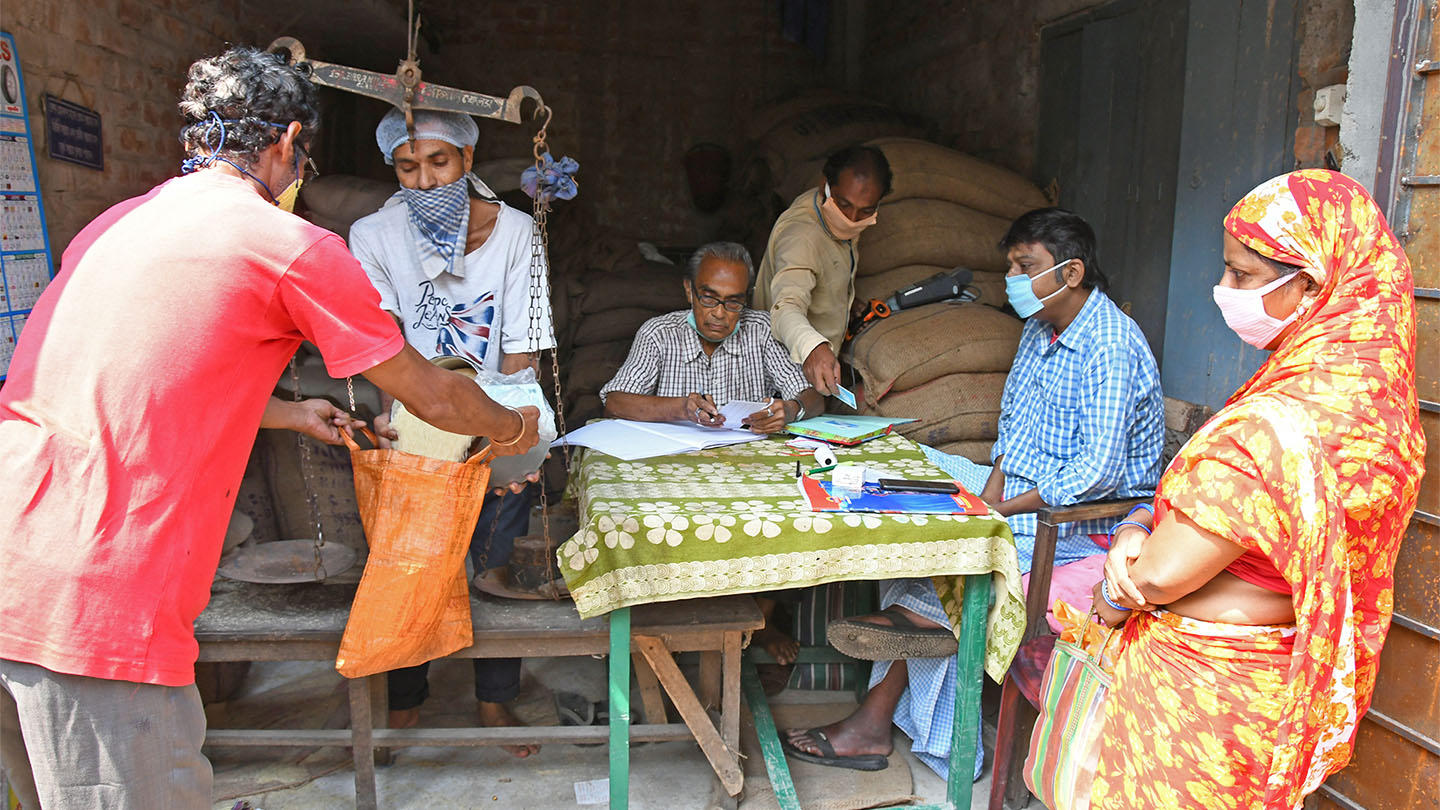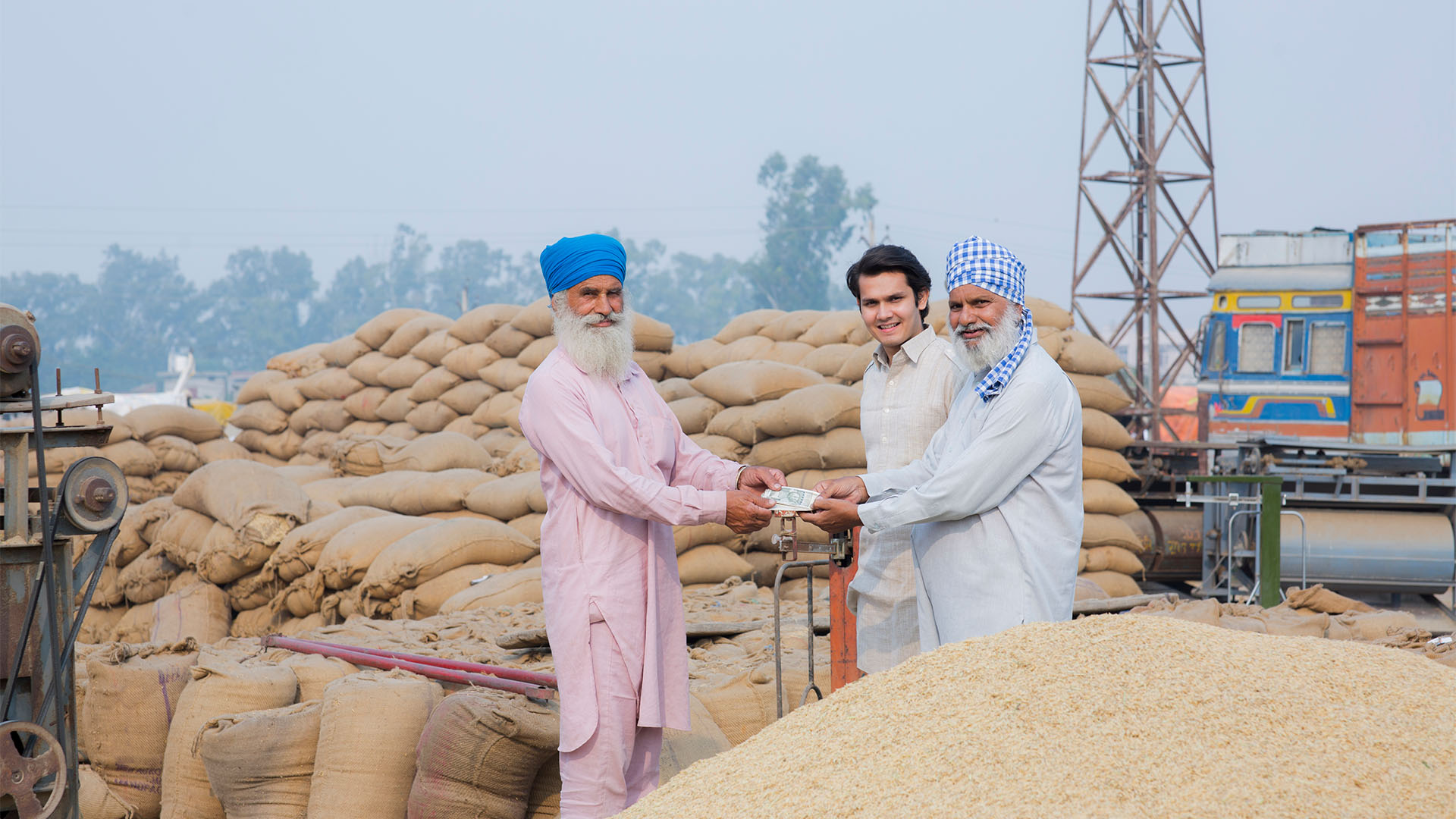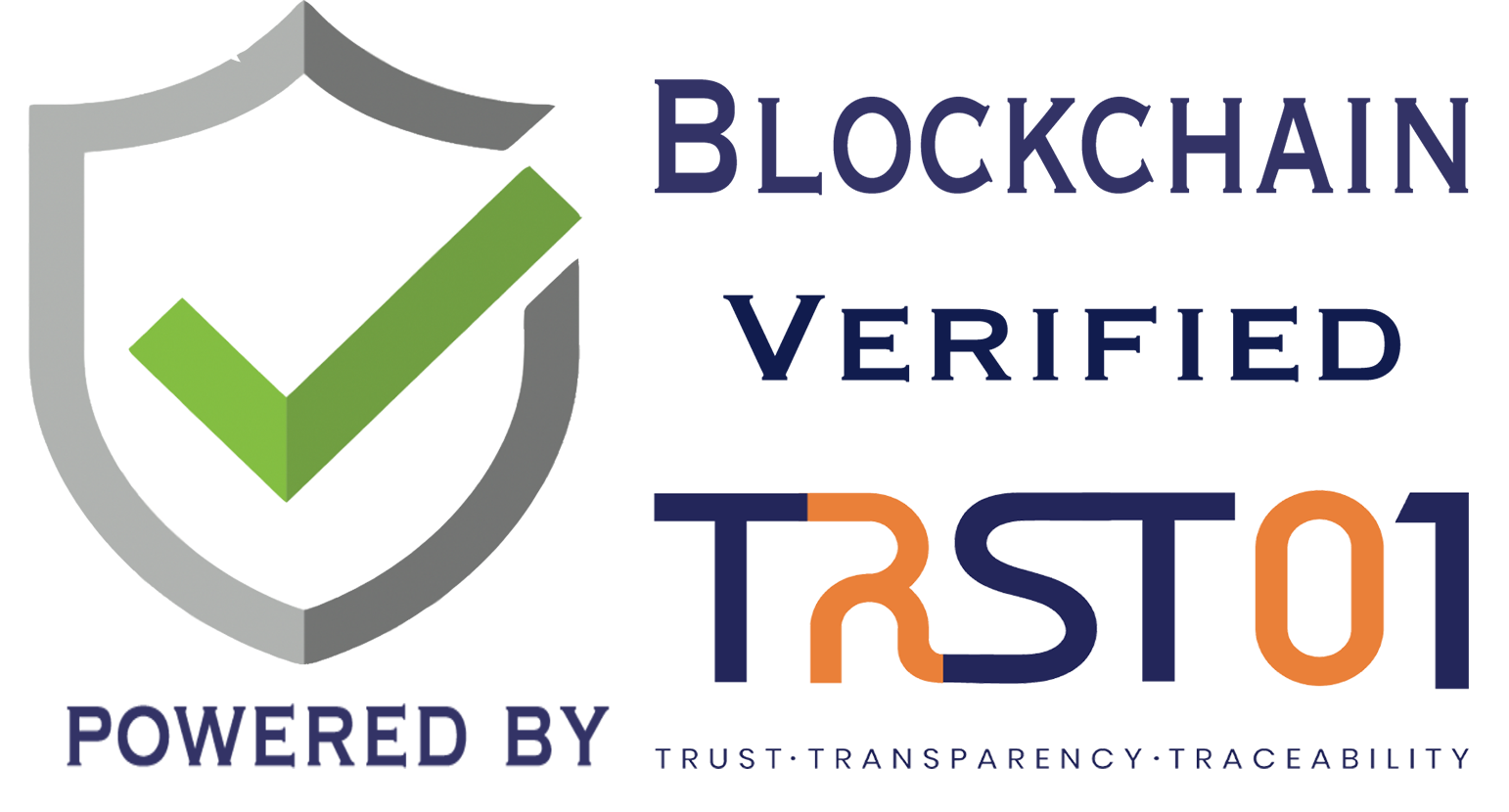A primary issue of the existing PDS is the lack of transparency in the entire supply chain process; most of the flaws or manipulations occur at different stages. Blockchain could manage ration supply more efficiently and crystal clear Transparency using distributed ledger technology (DLT). A decentralized platform could track and record the supply chain process from procurement till ration disbursement.
Challenges with the PDS System in India
- Identification of beneficiaries: Studies have shown that targeting mechanisms such as TPDS are prone to significant inclusion and exclusion errors. This implies that entitled beneficiaries are not getting food grains while ineligible are getting undue benefits.
- Leakage of food grains: (Transportation leakages + Black Marketing by FPS owners) TPDS suffers from significant leakages of food grains during transportation to and from ration shops into the open market. In an evaluation of TPDS, the erstwhile Planning Commission found 36% leakage of PDS rice and wheat at the all-India level.
- The procurement issue: Open-ended Procurement, i.e., all incoming grains accepted even if buffer stock is filled, creates a shortage in the open market.
- Issues with storage: A performance audit by the CAG has revealed a severe shortfall in the government’s storage capacity.
- Environmental issues: The over-emphasis on attaining self-sufficiency and a surplus in water-intensive food grains is environmentally unsustainable.
Problem Statement
Ability to Track and Trace Food grains in the Public Distribution System
Proposed Solution
Using emerging technologies such as Blockchain for additional security addresses the critical challenge of Transparency.


